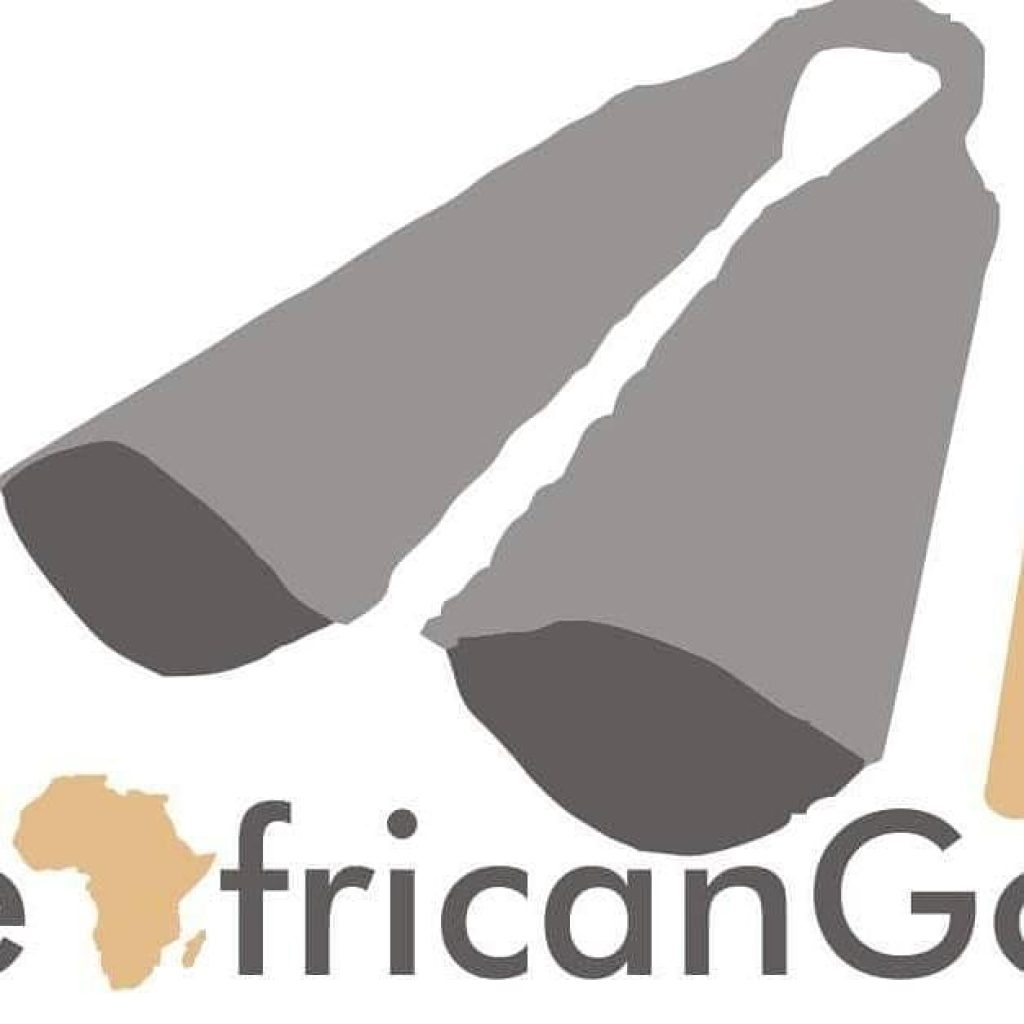
By Kabir Malan
When the clamour for the stand alone ministry for tourism became so loud, President Tinubu did what many of us became astounded. Instead of Ministry of Tourism and Culture we were given two standing ministries, Ministry of Tourism and Ministry of Culture. With the creation of separate ministries for Tourism and Culture, two ministers were appointed with all concomitant and retinue of personnel that go with a ministry and the minister.
The entire industry practitioners were elated to have two ministries in one fell swoop. Immediately congratulatory letters filled our spaces. We acknowledge that it is in recognition of the importance of tourism and culture as integral component of modern economy known for influencing economic and diplomatic aspects of a nation’s development.
This our celebration was rather short-lived, at least in my own very case. It downed on me that my sense of reasoning was beclouded by the euphoria of a long neglect by tucking tourism and culture in an obscure position, combined with information. The then minister made matters worse when he gave pre-eminence to information, thus making tourism and culture as orphans.

Since the appointments of the two ministers, with their lack of positive impacts to the two ministries the truth and the reality of our position became glaringly clear to us. We came to appreciate that separating tourism and culture in our quest for accelerated tourism development is a misnomer. Tourism and culture are inseparable entities. They complement one another. Culture and tourism go hand in hand, as cultural heritage and attractions can be a significant draw for tourists. Embracing and promoting a country’s cultural richness can not only enhance its tourism industry but also contribute to its global recognition and economic growth.
Tourism and culture enjoy mutual relationships that it would be more advantageous to have them under one roof as a ministry. Combining tourism and culture under one ministry can indeed have several advantages. It can lead to better coordination in promoting cultural attractions to tourists, fostering cultural exchanges, and preserving heritage sites. This integration can enhance a destination’s appeal and contribute to its long-term sustainability, as well as promoting cultural understanding and appreciation among visitors.
Culture and tourism often go hand in hand, as cultural heritage and attractions can be a significant draw for tourists. Embracing and promoting a country’s cultural richness can not only enhance its tourism industry but also contribute to its global recognition and economic growth.
Combining culture and tourism in a single ministry can have several benefits:
Synergy: It can promote a holistic approach to showcasing a country’s cultural heritage and attractions, leading to more cohesive and effective policies and initiatives.
Economic Growth: Integrating culture and tourism can boost the local economy by attracting tourists interested in both cultural experiences and traditional tourism offerings.
Preservation: It may encourage the preservation of cultural sites and traditions, as they become integral to the tourism strategy.

Cultural Exchange: Promotes cultural exchange and understanding between tourists and local communities, fostering goodwill and international relationships.
Efficient Resource Allocation: Streamlining resources can lead to cost savings and more efficient management of cultural and tourism programs.
Branding: It allows for a unified branding strategy, presenting the nation’s culture and tourist destinations as interconnected elements of its identity.
Accessibility: It can improve access to cultural attractions and promote their inclusion in tourist itineraries, benefiting both sectors.
Innovation: Encourages innovation in creating unique cultural tourism experiences that can set a destination apart.
However, successful implementation depends on effective coordination and balancing the interests of both sectors.

